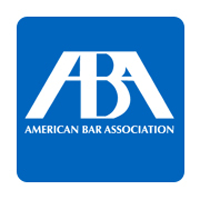Should nonlawyers be allowed to own law firms? ABA commission revisits the issue

An ABA commission is seeking comments on an “issues paper” examining ethics rules that bar nonlawyers from owning and managing law firms.
The ABA Commission on the Future of Legal Services “revived a contentious debate” on the issue with a request for comments, which are accepted until May 2, according to the ABA BNA Lawyers’ Manual on Professional Conduct.
The commission is asking whether it should make a recommendation to the ABA House of Delegates regarding the ethics rules that bar nonlawyer ownership, according to the article. The ABA Model Rules of Professional Conduct and ethics rules in most states bar nonlawyer ownership.
The exceptions are Washington, D.C., which allows ownership by nonlawyer professionals working at law firms, and Washington state, which allows limited license legal technicians to own a minority interest in law firms.
The issues paper listed potential benefits and risks of allowing “alternative business structures” that deliver legal services with investment from nonlawyers.
On the plus side, nonlawyer ownership could increase capital for law firms and increase access to justice. Law firms could strengthen their management teams with nonlaywers and could operate with more flexibility. Clients of multidisciplinary practices also could benefit through “one stop shopping.”
On the negative side is the risk that nonlawyer ownership will threaten lawyers’ independent professional judgment. The fear is that lawyers will act in the financial interests of nonlawyers rather than the interests of their clients. Other drawbacks are potential pressures to cut down on pro bono work and the risk that the attorney-client privilege won’t be upheld when nonlawyers take part in attorney-client conversations.



